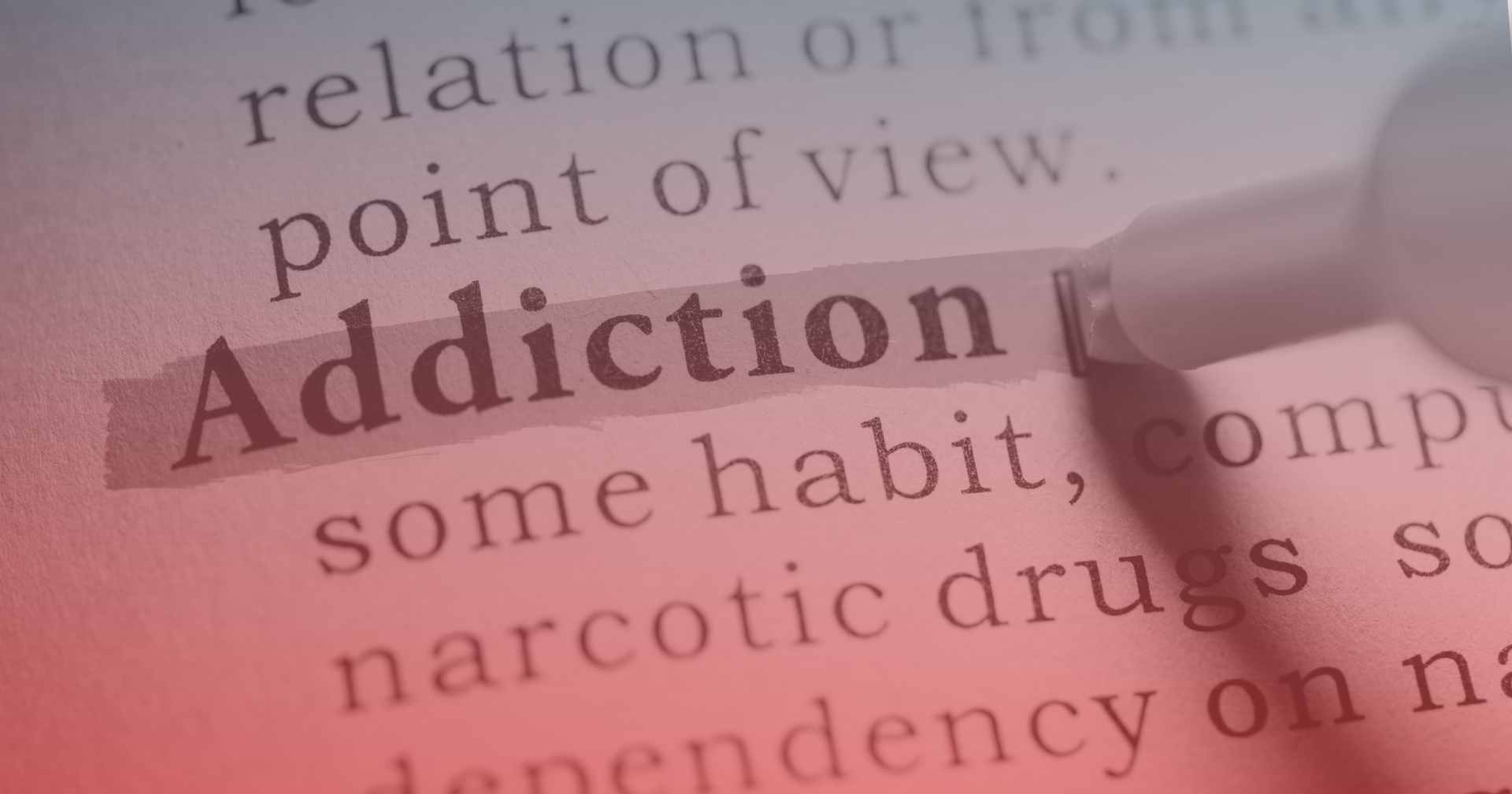The Role of Self-Care in Recovery
Building a Healthier, Happier Life
Self-care is an essential component of recovery, helping individuals rebuild their physical, emotional, and mental health. At Center for Change, we encourage clients to make self-care a priority through practices like exercise, mindfulness, and connecting with supportive people.
By taking time to care for themselves, individuals can reduce stress, increase emotional resilience, and build a strong foundation for lasting sobriety.
Self-care is a powerful tool in recovery, supporting overall well-being. Center for Change provides guidance to help clients integrate self-care into their daily lives.





